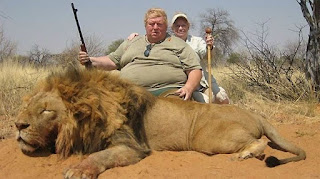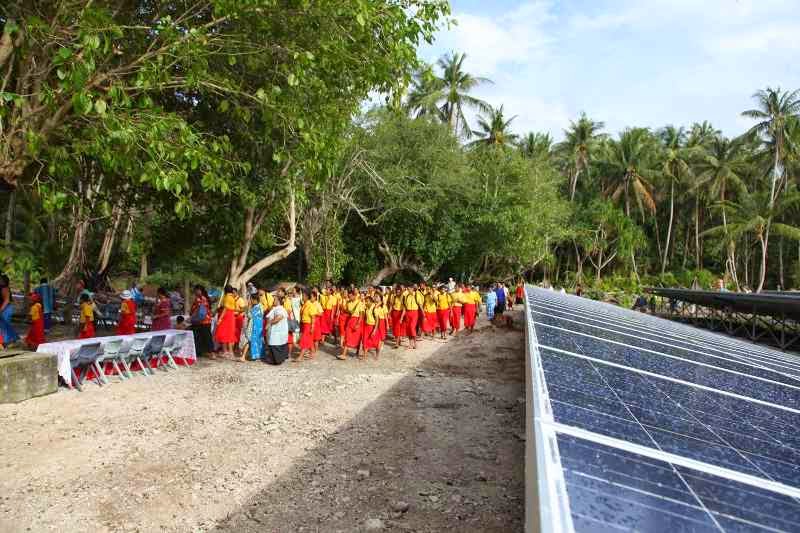"Saving the wild for the wilds"
In the past, the
record says men were hunters and gatherers before they learnt the skills of
domesticating the wilds. They learnt to raise crops from seeds and they were
skillful enough to tame some animals and birds. In a way they were able to
contain and manage their environment by being observant and innovative. So the
era of hunting and gathering faded into obscurity and man became like gods on
earth. They needed more space to contain their growing population and of course
they wanted to explore the vastness of the planet. So the forests needed to be
cleared and really nothing could stand in the way of men’s advancement for
whatever they tend to set their heart on, they achieve. Many animals of the
wild had to move away from the potent terror of mankind taking over the shared
planet like a plague that has no end. So many species of animals have lost
their homes and worse still, some lost the possibility of posterity as men sent
them into extinction.
Now the century count is on 21 and man has indeed
conquered the planet with just an altogether little percentage of space left
for the wild. Despite the much spaces man has taken over due to his never
ending appetite for more, he still wants more and more, and in the process
destroying sanctuaries of other life forms that he shares the planet with.
 |
| Picture credit:traveller24.news24.com |
The spotlight is
on the unhealthy and unregulated hunting of animals in the wild for pleasure
and for money. Africa has been notably categorized as a continent that still
has a significant population of wild species of animals and the likes and this
fact has opened the continent to exploring opportunities in the likes of safari
and trophy hunting. This and the complimentary factor of being a receptive
continent have opened the door to many opportunistic dangers such as poaching
and which has also been enabled by the wide socio-economic gap that sees the majority living sub standard
lives of abject poverty.
The poor living
standard that obtains in most parts of Africa has indeed been a fuel for a lot
of illegal activities in most wildlife sanctuaries with culprits coming from
settlements closer to such protected areas. Another factor which seems a rather
prevalent one is the part of poor to no policy on hunting activities which seem
to have allowed for a rather uncontrolled harvesting of animals from the wild.
A typical case study country is Nigeria. It has become rather a popular road
side attraction to find locals with their make shift stead decorated with fresh
kills from the wild. This is quite the obvious extent to which the country has
taken conservation to be. While of
course there may be agencies that have been saddled with the responsibilities
of ensuring a level of control on regulated hunting practices, unfortunately
their functions have not been obvious enough to be felt in the society.
With the current
state of events, it is only well placed to call for a massive awareness as
regards the need for conservation. There is the need to make the locals see the
reasons into regulating hunting activities such that, allowances are made for
the animals to close up on the gaps opened by unhealthy and unregulated
hunting. While at the same time, the strategy of community based approach of
conservation would go a long way into ensuring a complimentary stand in the
protection of the wildlife components of our society. The government actually
does have the most important role to play in this as most forest layouts are
under their control. They must ensure there are adequate regulations and
policies that would help lay a formal template of control on illegal activities
and unregulated hunting in the wild.
Conservation is
simply another way to ensuring sustainability and through this can we achieve a
balance in the eco-related functionality of the planet Earth.
Sincerely Yours Earthly,
‘Dele Oni




Comments
Post a Comment